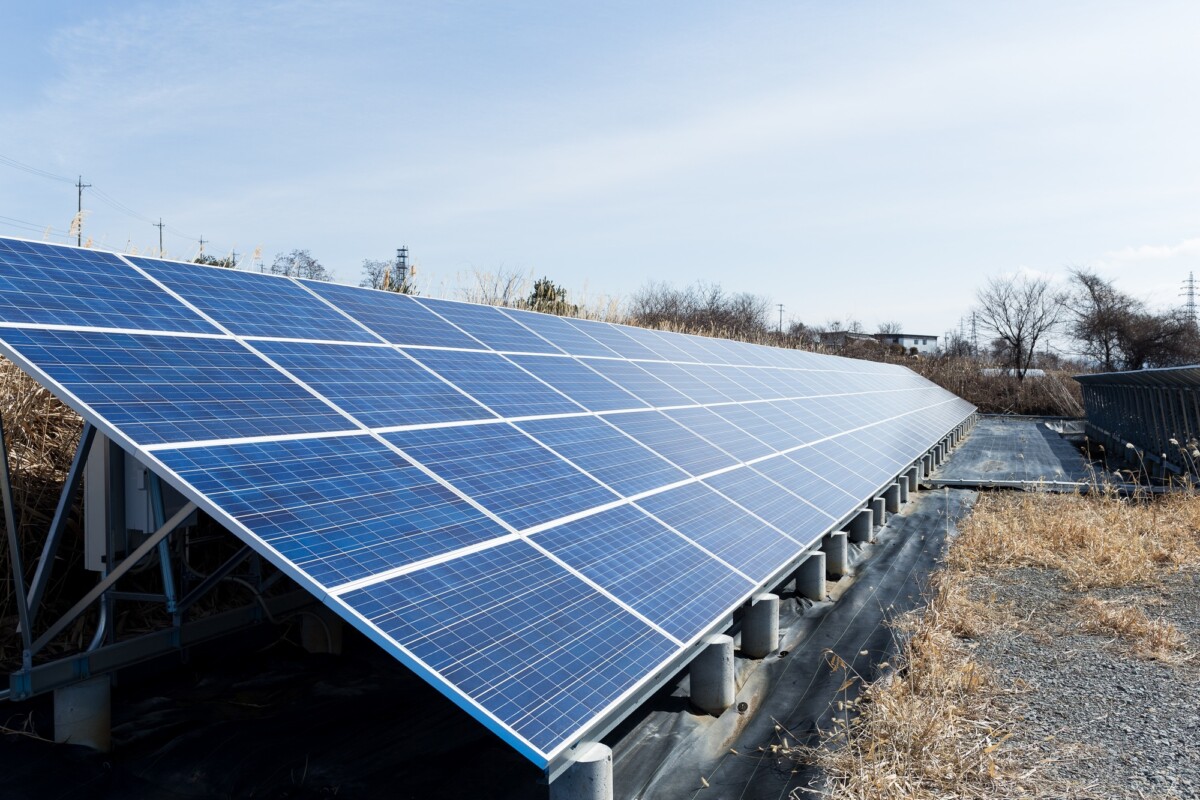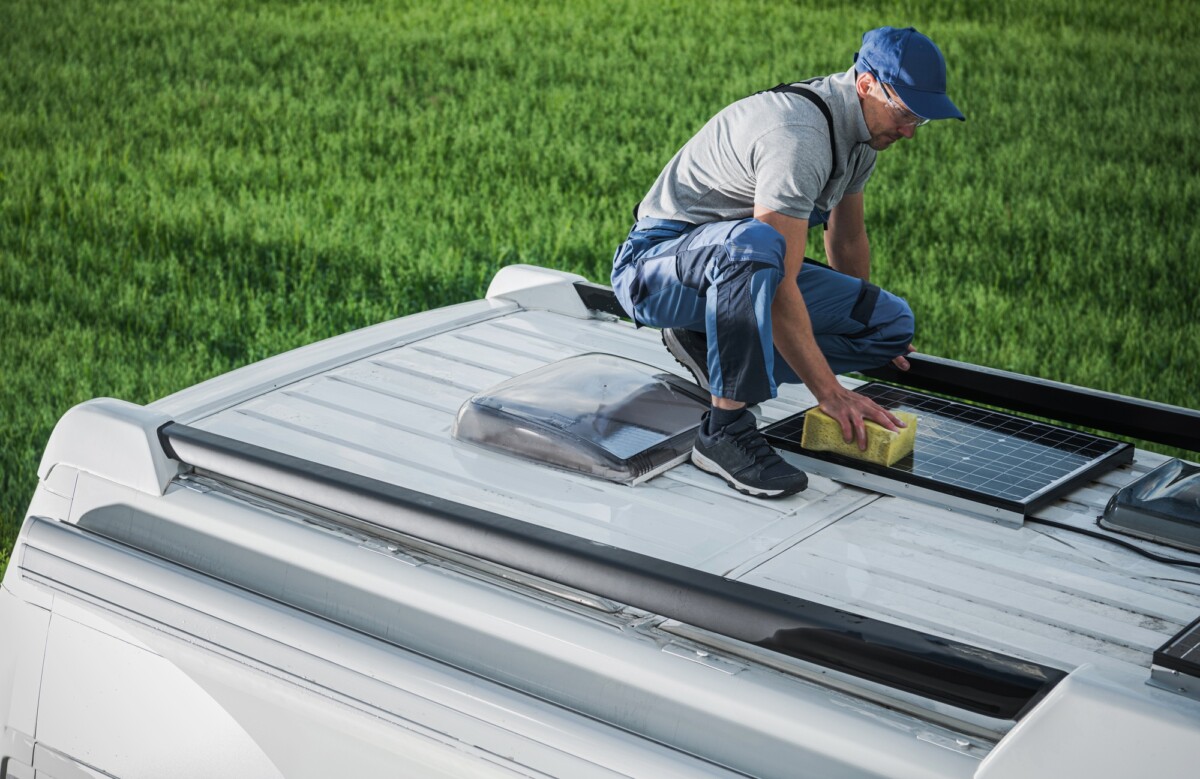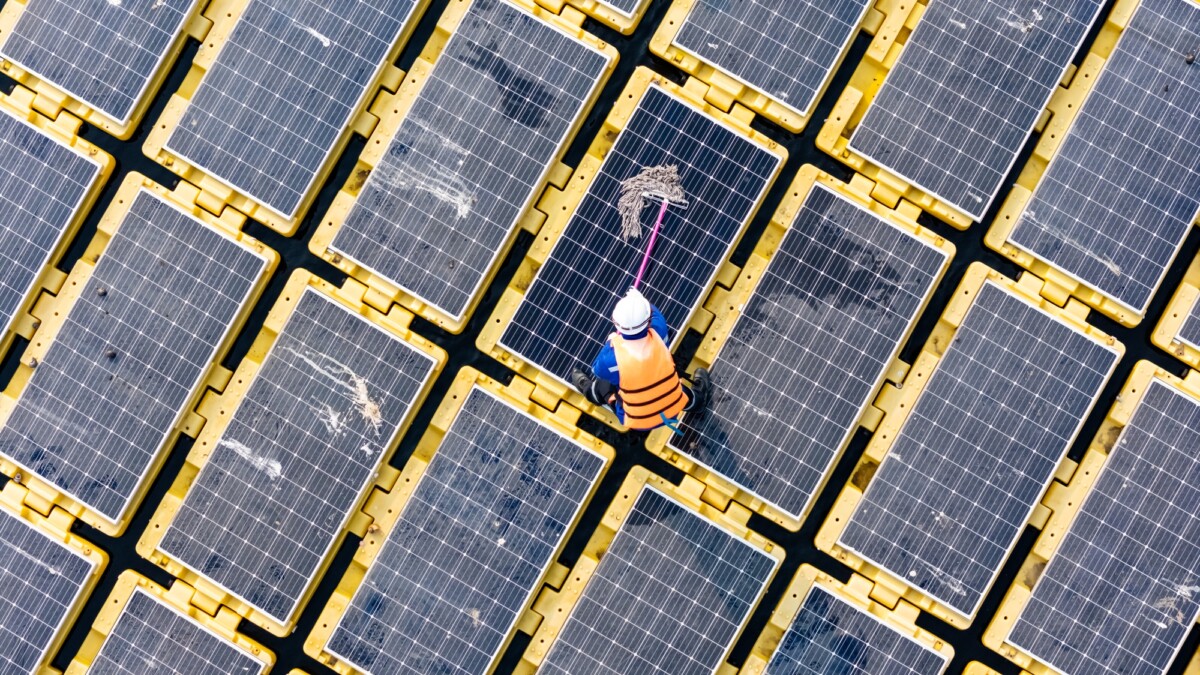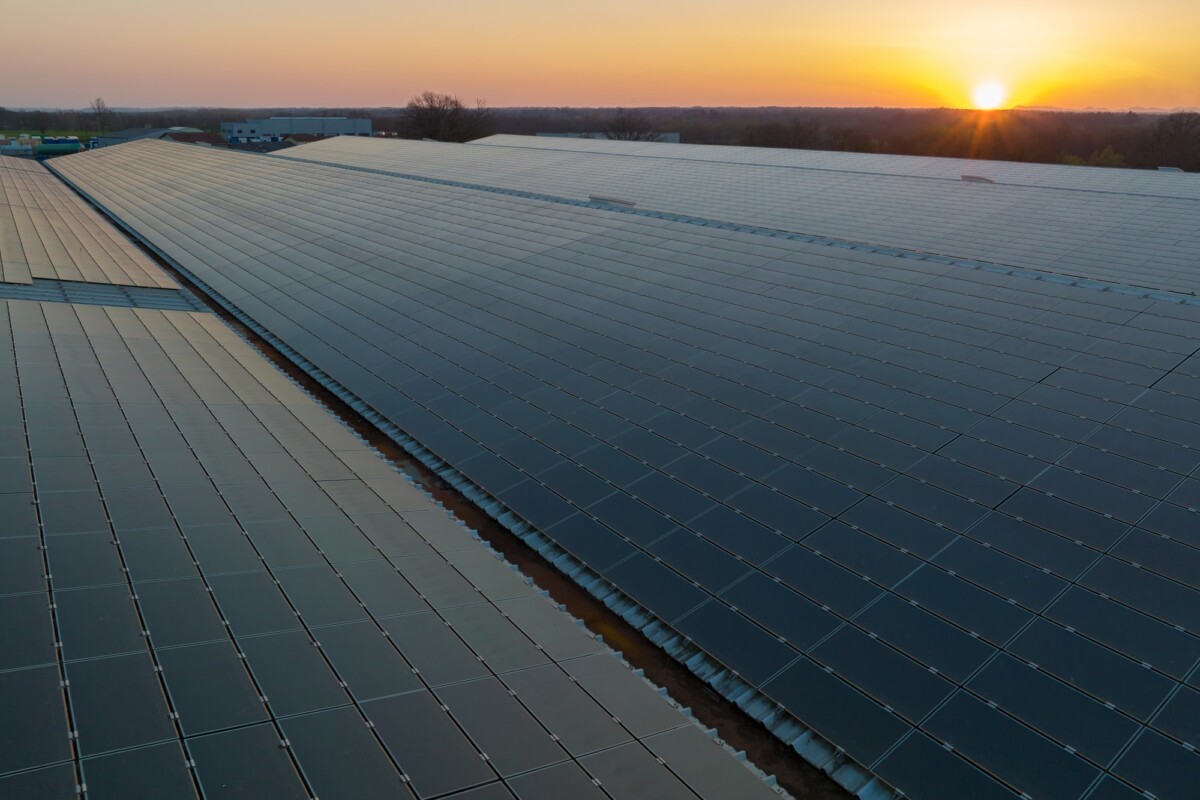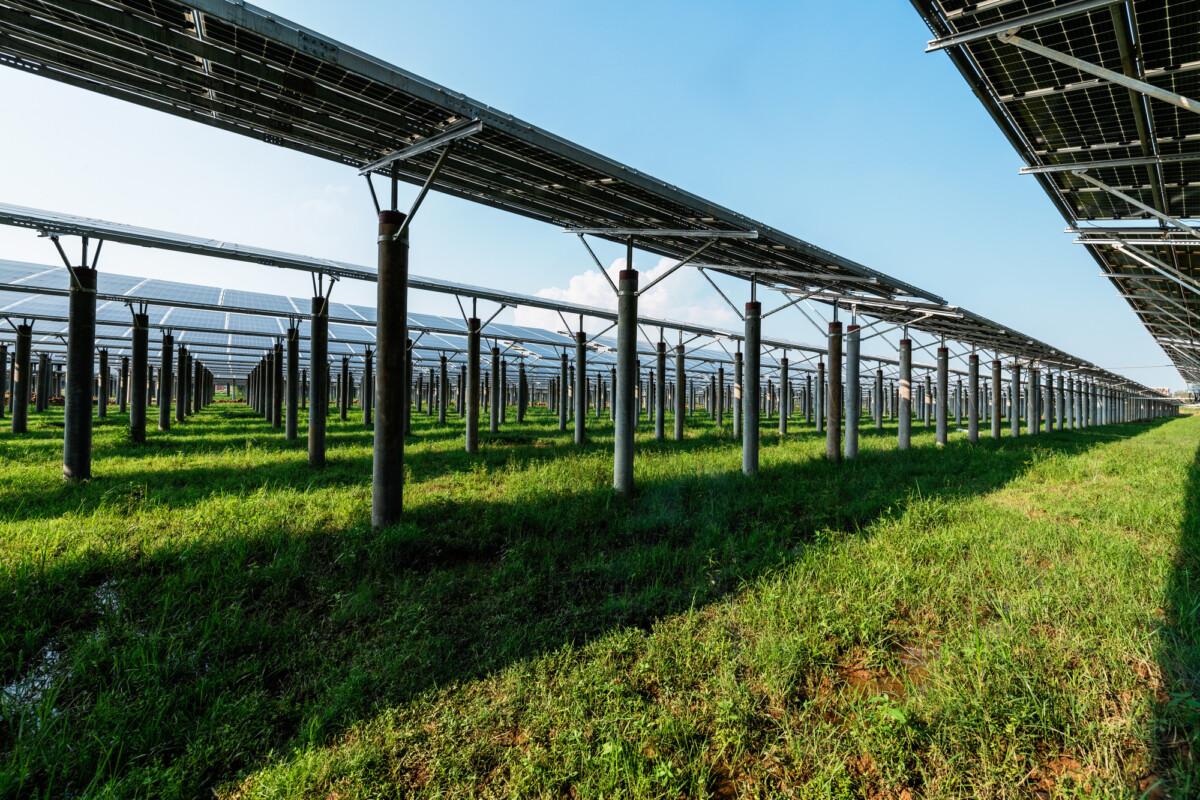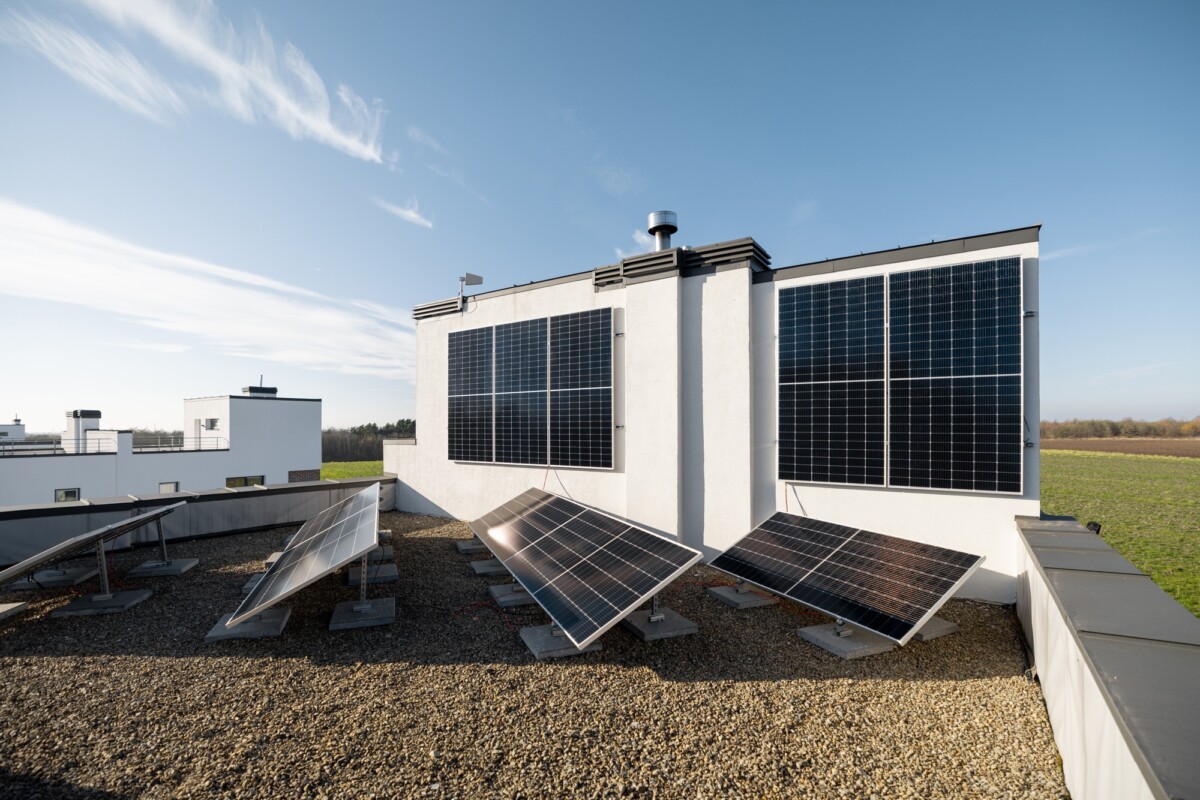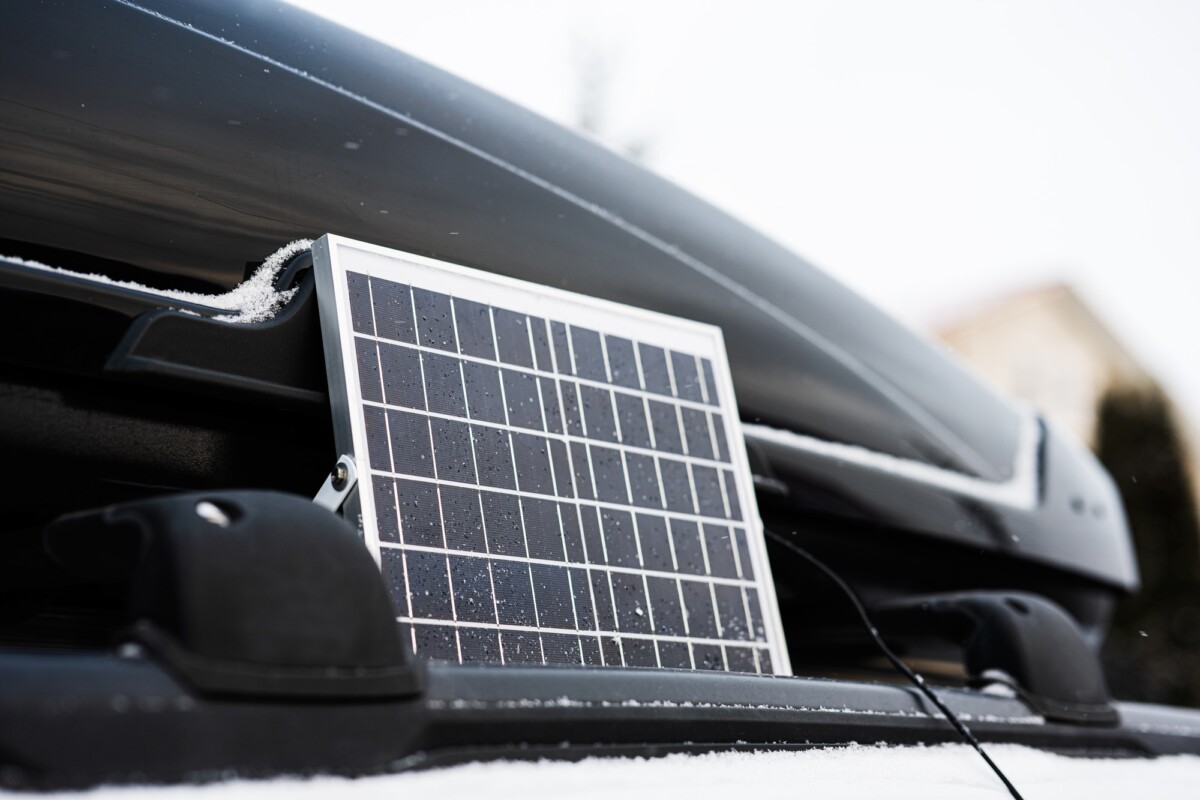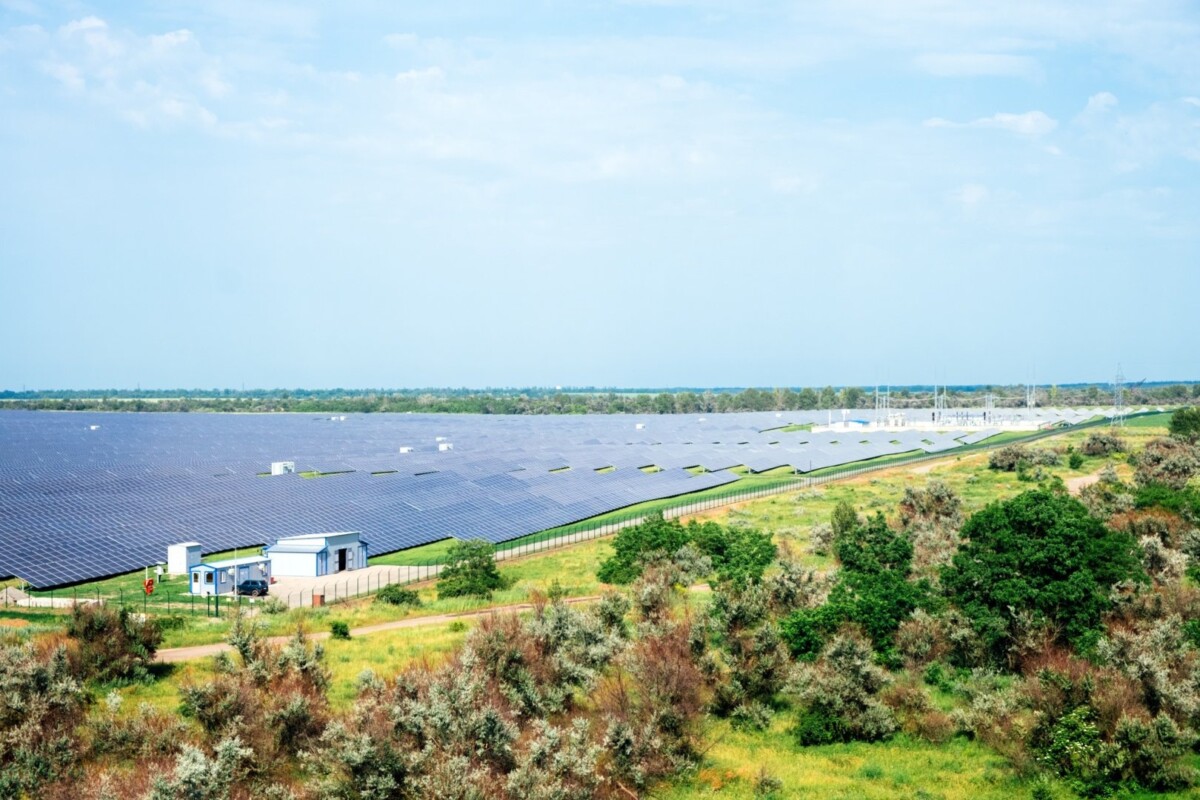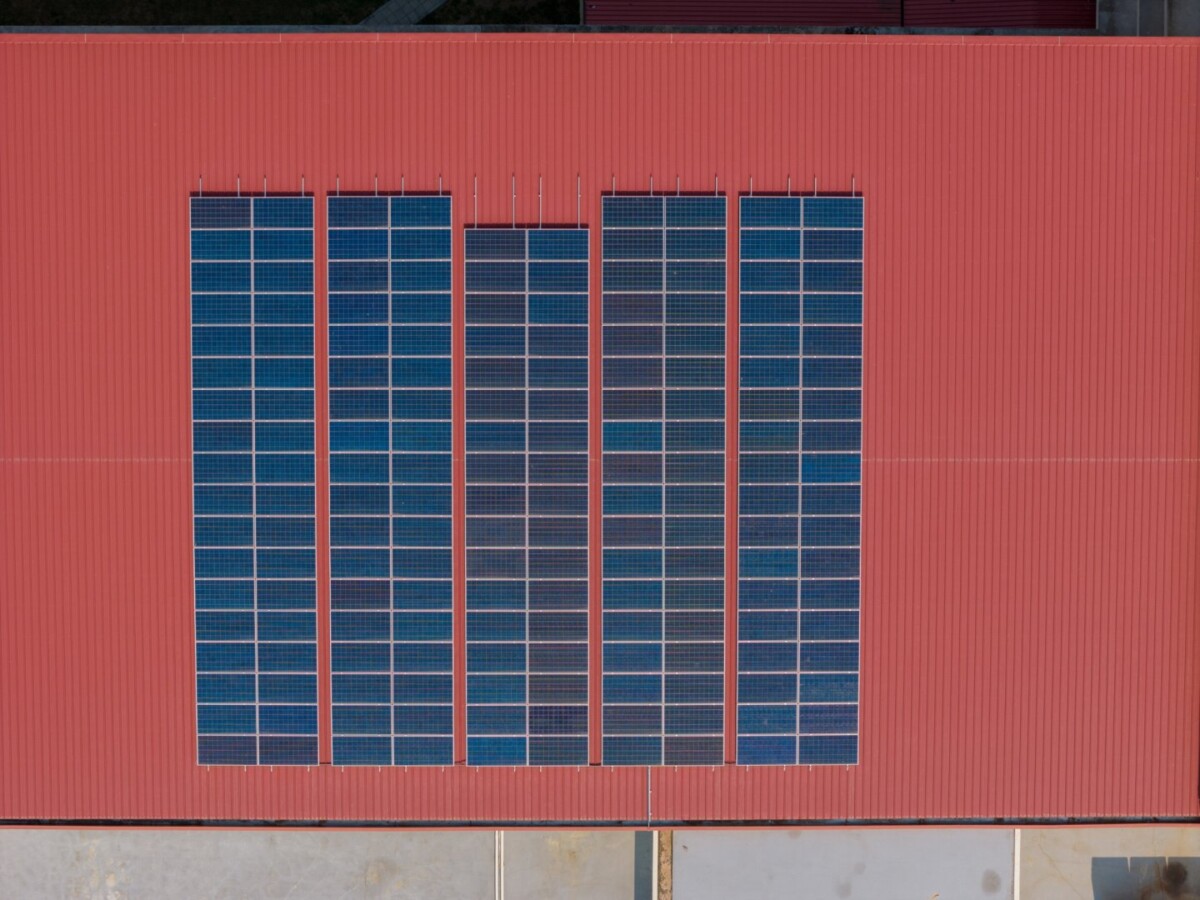When it comes to keeping our food and drinks cold, we often think of traditional coolers that require ice or electricity to function. However, with the rise of sustainable and renewable energy sources, solar-powered coolers have become an excellent alternative to traditional coolers. A solar-powered cooler is a device that operates on solar energy, allowing it to keep your food and drinks cold without the need for ice or electricity. In this article, we will discuss solar powered cooler, their benefits, how they work, and the various types available in the market.
What is a Solar-Powered Cooler?
A solar-powered cooler is a device that uses solar panels to convert sunlight into energy that is used to power the cooler. It operates similarly to a traditional cooler, but instead of using ice or electricity, it uses solar energy to keep its contents cold. These coolers are designed to be portable, making them an excellent choice for outdoor enthusiasts, campers, and travelers who need to keep their food and drinks cold while on the go.
How Do Solar-Powered Coolers Work?
Solar-powered coolers have solar panels mounted on the top or sides of the cooler. These panels convert sunlight into energy, which is then stored in the cooler’s battery. The battery powers a compressor or fan that circulates air through the cooler to keep its contents cold. The compressor or fan only operates when necessary, which helps to conserve the battery’s energy.
Benefits of a Solar-Powered Cooler:
- Eco-Friendly: Solar-powered coolers are an excellent choice for those who are concerned about the environment. They do not require electricity or ice, meaning they do not produce any carbon emissions or waste.
- Cost-Effective: Solar-powered coolers are cost-effective in the long run since they do not require electricity or ice. This means you can save money on your energy bills while keeping your food and drinks cold.
- Portable: Solar-powered coolers are designed to be portable, making them an excellent choice for outdoor enthusiasts, campers, and travelers who need to keep their food and drinks cold while on the go.
- Reliable: Solar-powered coolers are reliable since they do not rely on electricity or ice to function. You can be free from concerns about power failures or depleted ice supply.
Types of Solar-Powered Coolers:
- Portable Solar-Powered Cooler: These coolers are designed to be portable and lightweight, making them an excellent choice for outdoor enthusiasts and travelers. They are usually small in size, with a capacity of up to 40 liters.
- Built-In Solar-Powered Cooler: These coolers are designed to be installed in vehicles such as RVs, boats, and trucks. They are larger in size and have a capacity of up to 100 liters.
- Solar-Powered Freezer: These coolers are designed to freeze your food and drinks. They are ideal for those who need to keep their food frozen while on the go, such as campers and travelers.
- Solar-Powered Refrigerator: These coolers are designed to refrigerate your food and drinks. They are ideal for those who need to keep their food and drinks cold while on the go, such as campers and travelers.
Features to Consider When Buying a Solar-Powered Cooler:
- Capacity: The capacity of the solar-powered cooler is an important factor to consider when buying one. It should be able to hold all the items you need to keep cold while on the go.
- Solar Panel Efficiency: The efficiency of the solar panel determines how quickly it can convert sunlight into energy. A more efficient solar panel means that the cooler will charge faster and operate more efficiently.
- Battery Life: The battery life of the cooler is an important consideration since it determines how long it can keep your food and drinks cold. A longer battery life means that you can use the cooler for an extended period without worrying about recharging it.
- Portability: Portability is a crucial feature to consider if you plan to use your solar-powered cooler while on the go. It should be lightweight and easy to carry, making it ideal for camping, hiking, and traveling.
- Durability: Since solar-powered coolers are designed for outdoor use, they should be durable and able to withstand the elements. Look for coolers that are made from sturdy materials such as stainless steel or high-density polyethylene.
- Price: The cost of solar-powered coolers can vary widely, ranging from a few hundred dollars to several thousand dollars. Determine your budget before purchasing and look for a cooler that fits your needs and budget.
Applications of Solar-powered Coolers
Solar-powered coolers have a variety of applications and can be used in many different settings. Here are some of the most common applications for solar-powered coolers:
- Camping: Solar-powered coolers are perfect for camping trips where electricity is not readily available. They can keep food and drinks cold for days, making them an essential tool for camping enthusiasts.
- Boating: If you spend the day on the water, a solar-powered cooler can keep your drinks and snacks cold without needing electricity. They are also lightweight and easy to carry, making them ideal for small boats or kayaks.
- Outdoor Events: Solar-powered coolers can be used at outdoor events, such as picnics, festivals, or concerts. They are a convenient way to keep your food and drinks cold without the need for ice or electricity.
- Road Trips: A solar-powered cooler is perfect for road trips, as it can keep your drinks and snacks cold while you are on the go. They are also portable and easy to carry, making them ideal for long car rides.
- Emergency Preparedness: A solar-powered cooler can be crucial during power outages or natural disasters, potentially saving lives. They can keep perishable items, such as medicine or food, cold for an extended period, ensuring that you have what you need in an emergency.
- Agriculture: Solar-powered coolers can be used in agriculture to store produce or vaccines. They are an eco-friendly and cost-effective way to keep items cold without needing electricity or fossil fuels.
- Research: Solar-powered coolers can be used in research settings to store samples or specimens that require a consistent temperature. They are an excellent option for fieldwork, where access to electricity may be limited.

How to Use a Solar-Powered Cooler:
Using a solar-powered cooler is simple and straightforward. Here are the steps to follow:
- Charge the Battery: Ensure the battery is fully charged before using the cooler. Place the cooler in direct sunlight for several hours to ensure that the battery is fully charged.
- Load the Cooler: Load the cooler with your food and drinks once the battery is charged.
- Set the Temperature: Set the temperature on the cooler to your desired setting.
- Monitor the Battery: Keep an eye on the battery level to ensure that it does not run out of charge. If the battery runs low, place the cooler in direct sunlight to recharge it.
Challenges and Limitations of Solar-powered Coolers
While solar-powered coolers offer a sustainable and eco-friendly way to keep food and drinks cold, they also have some challenges and limitations that are important to consider. Here are some of the most significant challenges and limitations of solar-powered coolers:
- Dependence on Sunlight: Solar-powered coolers rely on sunlight to function, so they may not be as effective on cloudy days or in areas with limited sunlight. In these situations, the cooler may not be able to maintain the desired temperature or may take longer to charge.
- Limited Capacity: Solar-powered coolers tend to have smaller capacities than traditional coolers, so they may not be suitable for large groups or extended trips. In case you require storage for a significant quantity of food or beverages, purchasing multiple solar-powered coolers or exploring alternative solutions might be necessary.
- Cost: Solar-powered coolers tend to be more expensive than traditional coolers, which can be a barrier for some people. However, over time, the cost of running a solar-powered cooler may be lower than that of purchasing ice or using electricity.
- Maintenance: Solar-powered coolers require some maintenance to function correctly. You may need to clean the solar panel regularly, ensure that the battery is charged, and check the cooler’s temperature regularly.
- Weight: Solar-powered coolers are generally lightweight but may still be heavier than traditional coolers. This can make them more challenging to transport, particularly if you are hiking or traveling long distances.
- Temperature Control: Prolonged exposure to direct sunlight can cause solar-powered coolers to struggle with maintaining a consistent temperature. This can lead to fluctuations in the temperature, which can affect the quality of the food and drinks stored in the cooler.
- Limited Use: Solar-powered coolers may not be suitable for all environments or situations. For example, if you need to store food or drinks for an extended period or travel in extreme temperatures, a solar-powered cooler may not be the best option.
Conclusion:
Solar-powered coolers are a sustainable and eco-friendly alternative to traditional coolers requiring ice or electricity. They are portable, reliable, and cost-effective, making them an excellent choice for outdoor enthusiasts, campers, and travelers who need to keep their food and drinks cold while on the go. When purchasing a solar-powered cooler, consider factors such as capacity, solar panel efficiency, battery life, portability, durability, and price. By following the simple steps for using a solar-powered cooler, you can enjoy cold food and drinks without worrying about the environment or your energy bills.
FAQS
What is a solar powered cooler/freezer?
A solar powered cooler/freezer is a portable refrigerator or freezer that is powered by solar energy.
What is a small solar powered cooler?
A small solar powered cooler is a compact and portable refrigerator or cooler that is powered by solar energy.
What is the GoSun solar cooler?
The GoSun solar cooler is a portable refrigerator or freezer powered by solar energy and designed to keep food and beverages cold or frozen for extended periods.
What is a solar powered cooler for the car?
A solar powered cooler for a car is a portable cooler or refrigerator designed to be powered by solar energy and suitable for use in cars or other vehicles.
What is the best solar powered cooler?
The best solar powered cooler depends on individual needs and preferences. Some popular options include the GoSun solar cooler, Dometic CFX3 55IM, and the Iceco JP50.
Do solar coolers work?
Yes, solar coolers harness energy from the sun to power a cooling system that maintains a low temperature inside the cooler.
Can you run a swamp cooler on solar?
Yes, it is possible to run a swamp cooler on solar power. Solar panels can generate enough energy to power a swamp cooler, which uses evaporation to cool air.
What is the best way to cool down solar panels?
To cool down solar panels effectively, using a cooling system that circulates air or water over the panels is the most efficient approach. This helps dissipate heat, which can improve their efficiency.
How does solar cooling work?
Solar cooling works by using energy from the sun to power a cooling system that reduces the temperature of a space or a device. Solar panels are commonly used to capture energy from sunlight and convert it into electricity, which is then utilized to power the cooling system.


